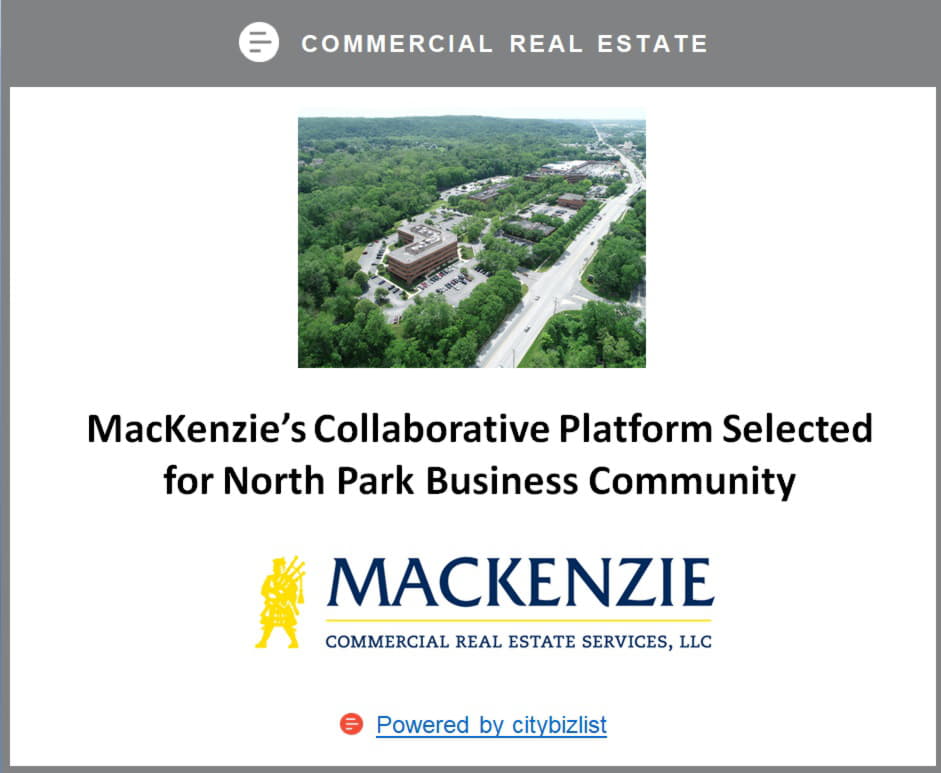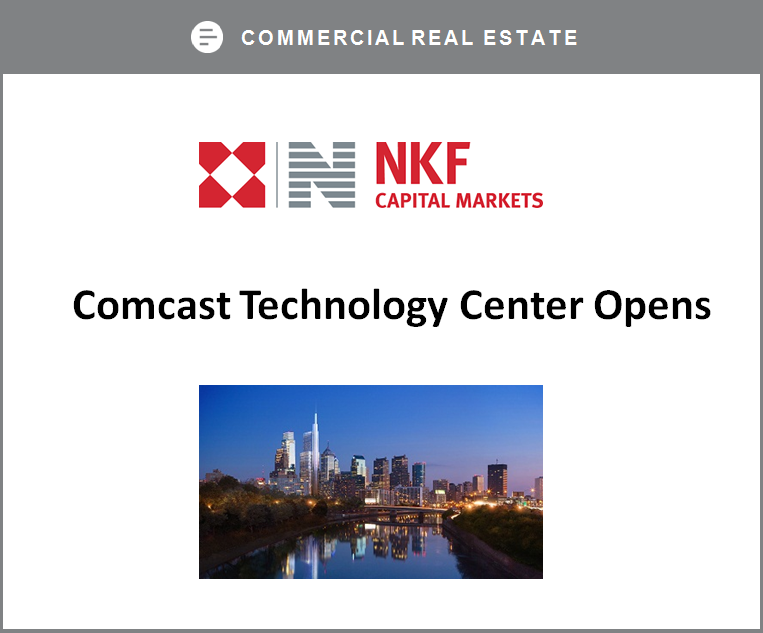The COVID-19 pandemic and the shelter-in-place policies that ensued have accelerated e-commerce growth and the need for warehouse space across the nation. JLL expects e-commerce sales could hit $1.5 trillion by 2025 — which would increase the demand for industrial real estate to an additional 1 billion square feet.
After an incredibly strong quarter of new deliveries in the Houston MSA in the first quarter when 8.4 million square feet of industrial product came online, the second quarter saw another robust period of growth with 6.4 million square feet of new deliveries. Of the total 14.7 million square feet of product that has delivered in 2020, 37% has been pre-leased. Despite the sharp rise in supply, total net absorption for 2020 surpassed 3.7 million square feet in the second quarter, speaking to the ongoing strength of the industrial market in Houston. Tenant demand in Houston also has picked up in the last 30 to 45 days, as evidenced by tenants circling 18.7 million square feet of space in the Houston market.
“It has been fascinating to track the number of new buyers or equity investors that have emerged within the industrial property sector over the last few months,” states JLL Managing Director Trent Agnew, an Industrial Capital Markets investment advisory specialist based in Houston. “Our Texas team is tracking more than 30 groups that we have had discussions with since March that are new or re-engaging in wanting to invest in the property type due to the long-term tailwinds for tenant demand that are expected from e-commerce growth, re-shoring of manufacturing and higher inventory levels.”
According to Agnew, there is a number of property sales recently closed, in the market or coming to market leased to the largest e-commerce users, and they continue to generate significant investor interest and set new cap rate records across the country including Houston.
Prior to the pandemic, JLL attributed as much as 35% of its industrial leasing to e-commerce, but now, with expectations for e-commerce to grow 20% in 2020 alone, JLL reports as much as 50% of its leasing activity already attributed to related operations this year.
“Since 2011, industrial rent growth has been positive and vacancy rates have been at historic lows providing attractive, stable, long-term returns to investors. These solid fundamentals and the fact that e-commerce still has a long runway for growth makes industrial real estate the darling of the commercial real estate industry,” said Craig Meyer, President, JLL Americas Industrial.
According to Digital Commerce 360, e-commerce sales hit $602 billion in the U.S. at the end of 2019. Combined with the new projections, JLL predicts total e-commerce sales could hit $1.5 trillion by 2025.
“E-fulfillment is among the most intensive uses of logistics real estate,” reports Chris Caton, Head of Global Strategy & Analytics for Prologis, the largest owner, operator and developer of logistics real estate in the world. “Prologis estimates these customers require 1.2 million square feet of distribution space for each $1 billion in sales, which means e-commerce requires three times the space as traditional through-put distribution.”
One of the fastest growing aspects of e-commerce has been online grocery. Online grocery exploded during the pandemic with many households experimenting with digital ordering for the first time, and surveys suggest this trend is expected to continue post pandemic. JLL projects the growth of cold storage facilities alone to grow as much as 100 million square feet to keep up with overall demand.
“E-commerce has been one of the biggest game changers to supply chain management since the introduction of the world wide web and the internet,” said Rich Thompson, JLL’s global Supply Chain & Logistics Consulting Leader. “It has fundamentally changed the way consumers buy as well as their expectations for delivery.”
About JLL
JLL (NYSE: JLL) is a leading professional services firm that specializes in real estate and investment management. JLL shapes the future of real estate for a better world by using the most advanced technology to create rewarding opportunities, amazing spaces and sustainable real estate solutions for our clients, our people and our communities. JLL is a Fortune 500 company with annual revenue of $18.0 billion, operations in over 80 countries and a global workforce of more than 94,000 as of March 31, 2020. JLL is the brand name, and a registered trademark, of Jones Lang LaSalle Incorporated. For further information, visit jll.com.









